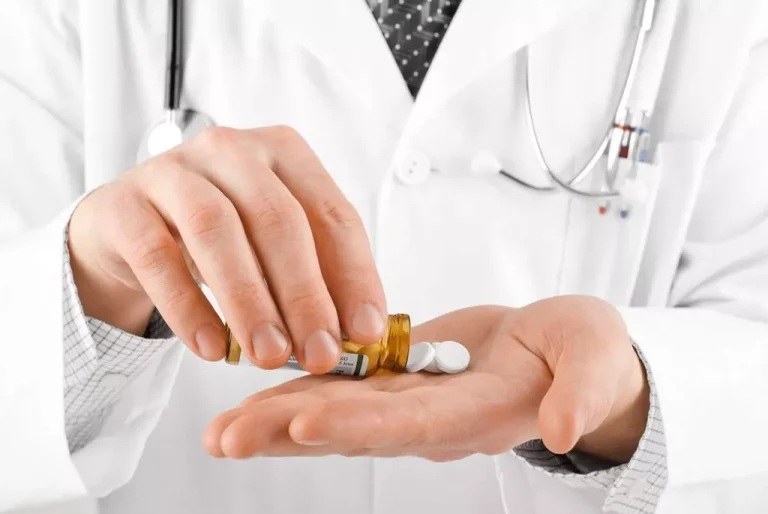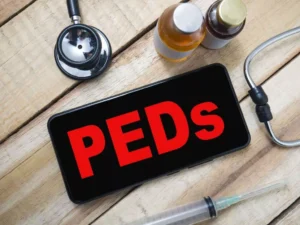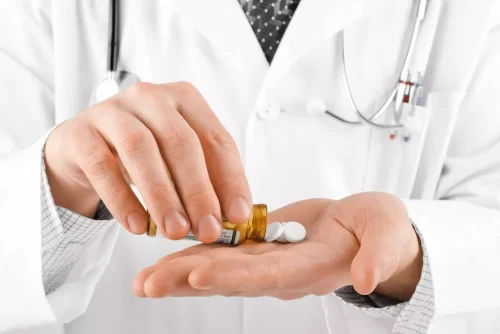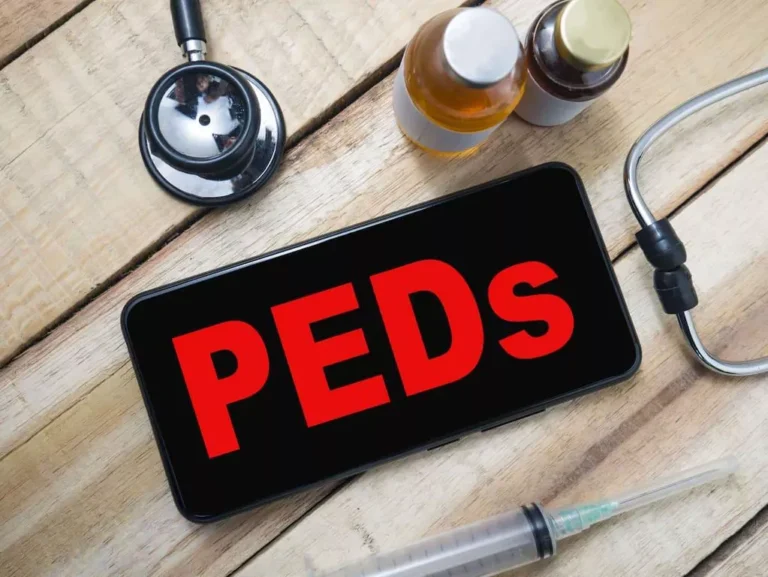
However, if you consistently experience severe sneezing or other concerning symptoms, it is recommended to consult a healthcare sneezing after drinking alcohol professional. If you have milder symptoms, you may have a food sensitivity or intolerance rather than a true allergy. This can still be uncomfortable but is not an immune system response and is less serious.

Can alcohol-induced sneezing be a temporary reaction?
The symptoms of alcohol intolerance usually occur immediately after drinking alcohol and can be intense. One of the primary symptoms is facial flushing, where the face quickly turns red and may feel warm due to increased blood flow. Alcohol intolerance can also cause a rapid onset of a throbbing headache or migraine.
Sulphites
Alcohol intolerance can cause immediate, uncomfortable reactions after you drink alcohol. Sneezing after drinking beer could be caused by a mild allergic reaction due to a build-up of histamines in your system. Histamine is a compound found in beer, wine, and spirits that can elicit an allergic response. While a blood allergy test can help identify an allergy to certain components in alcoholic beverages, it won’t confirm alcohol intolerance. It’s important to consult with a healthcare provider, who can provide appropriate testing and treatment options based on a detailed medical history and observation of symptoms.
- If you’re allergic to any of the ingredients in a mixed drink, you may want to avoid it.
- If you see mould around the cork of an older bottle, make sure that you clean it off very thoroughly before opening, and take care there is minimal contamination from the cork.
- People with this defect aren’t able to metabolize alcohol as quickly as others, which leads to a buildup of a compound called acetaldehyde that is known to cause skin flushing.
- Thermo Fisher Scientific is not responsible or liable for the content or services of questdiagnostics.com.
Women’s Health
As a result, the histamines can accumulate and trigger allergic symptoms. Red wines typically have higher histamine content than other alcoholic beverages, but beer also contains histamines that can affect susceptible individuals. Yes, if drinking beer triggers sneezing, it is advised to avoid beer or choose low-histamine alcoholic beverages. However, it is important to note that individual tolerance varies, and the best alternative is to avoid alcohol entirely if it causes negative reactions.

- Our board-certified providers can perform an exam, evaluate your symptoms, and test you for allergies to create a personalized treatment plan.
- The ASCIA website is intended for use by ASCIA members, health professionals and the general public.
- Consuming alcohol in large amounts (alcohol toxicity), can have negative effects on the liver, stomach, brain and mental functioning.
- Alcohol can trigger asthma attacks in patients who have previously been diagnosed with asthma.
- Histamine is produced by yeast and bacteria during the fermentation process.
- If you suffer from alcohol intolerance, you’ll experience facial flushing, nasal congestion and other symptoms that might include rash, upset stomach, diarrhea, nausea, vomiting and headaches.
Avoiding problematic ingredients or taking a supplement to reduce acetaldehyde buildup and intolerance symptoms can help prevent nasal congestion from drinking. The second reason why alcohol can cause sneezing and congestion is that wine, beer, and spirits contain histamine, a compound that elicits an allergic response. Of all alcoholic beverages, red wines usually have the highest histamine content. If you experience mild symptoms, you may have a food sensitivity or intolerance rather than a true allergy.


Yes, individuals with pre-existing allergies or sensitivities to certain substances may be more prone to sneezing after drinking alcohol. However, some drug addiction people develop allergy-like symptoms, such as an itchy throat and nasal congestion, in response to the sulfites in wine. If you are experiencing mild symptoms, you can try taking an antihistamine before drinking beer. Histamines are chemicals produced by the human immune system and are found in nearly all tissues of the body. While the body naturally produces histamine, we also consume it through food and drinks that are rich in histamines, including cheese, wine, meats, fish, and fermented foods.
